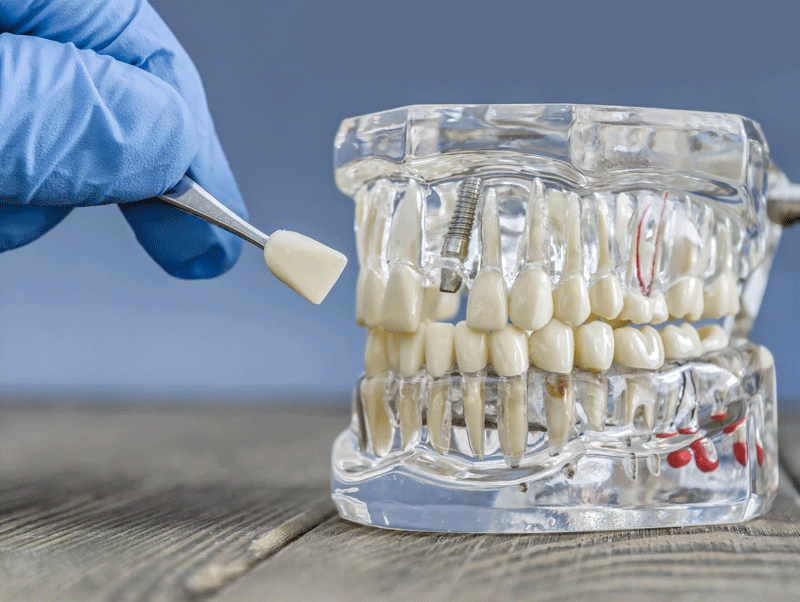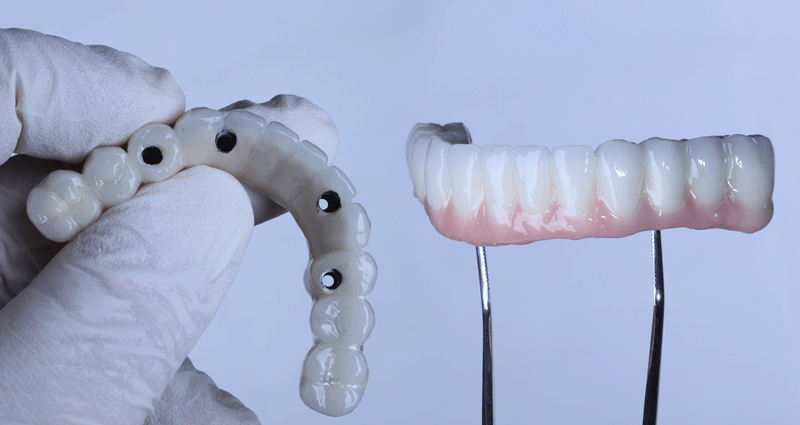Flexible spending accounts (FSAs) are a great benefit offered by employers. On top of traditional health and dental insurance, these handy accounts allow you to pay for dental expenses that traditional plans may not cover.
Many jobs offer FSAs, but you may need clarification about how to access the money to pay for dental expenses, if they only cover certain services, etc. Here are some facts about FSAs, how they work, and how they can help you or a loved one get that perfect smile at a lower cost!
Note: Before we start, we’d like to note that not all companies are identical. Some people may be able to use their flexible spending accounts differently than others. However, these are some of the most common similarities we’ve found between companies and approaches to FSA accounts!
How does an FSA Work?
The way FSAs work is relatively straightforward. A certain amount of money is deducted from your monthly paycheck(s). This money is exempt from taxes and put into an account run by your employer. It can be used to compensate you for any medical expenses not covered by insurance, as long as proof you paid for them out of pocket is provided.
Money left in your FSA account at the beginning of the year may not roll over into the new year. What happens to the funds if unused into the following year differs with each company and is an excellent question for your human resources department!
Can I use my FSA for Dental Expenses?
Of course! From cleanings and exams to cosmetic dentistry and teeth whitening, what you use this money for is entirely up to you! Flexible spending accounts can be used on any dental expenses you pay out of pocket.
Can FSAs Pay for Invisalign®?
Absolutely! However, the cost of your Invisalign® treatment may be more than your current FSA account balance. This will have much to do with your dentist and their prices! The great news is that you can use the balance you have to pay for most of the treatment, so your actual cost out of pocket after compensation will be substantially lower.
Can I use My FSA to Pay for Dental Insurance?
Unfortunately, FSA money can only be used to reimburse expenses that have been paid for out of pocket and not connected to insurance. This does include payments for insurance premiums, co-pays, etc.
Can I have Dental Insurance and an FSA?
Of course! FSAs are a great way to receive treatments not covered by a dental plan you might be interested in. If a particular program does catch your eye but does not cover, say, Invisalign®, for example, you can still get that plan and use your FSA to get that treatment! After using most of your FSA on a particular treatment, what you have left to pay might feel like a co-pay anyway!
Don’t Forget About Receipts!
Remember that you can only get reimbursement from your FSA with proof of out-of-pocket payment! Don’t worry; the front desk of pretty much any practice will be able to provide you with proof of purchase. However, to make the process easier, it is always best to have everything in order immediately—especially if things are getting down to the wire and you need reimbursement before the deadline!
Contact McKenzie Family Dentistry for any Questions on FSAs!
At McKenzie Family Dentistry, Dr. McKenzie offers a range of dental services, all of which FSAs can help pay for. We understand that figuring out situations with insurance and benefits can be confusing and frustrating. Don’t wait on hold only to get bounced from department to department! One call to our experienced front desk team can help answer any questions!





